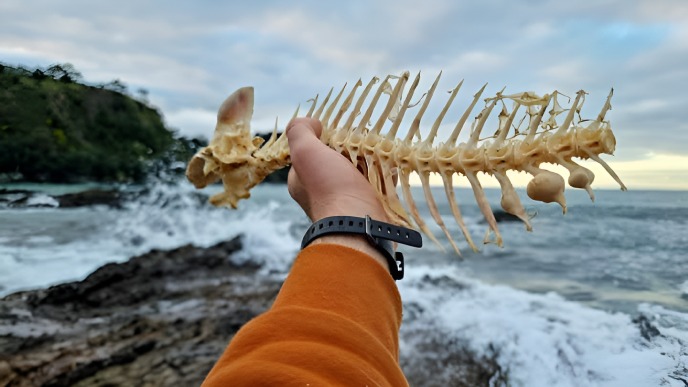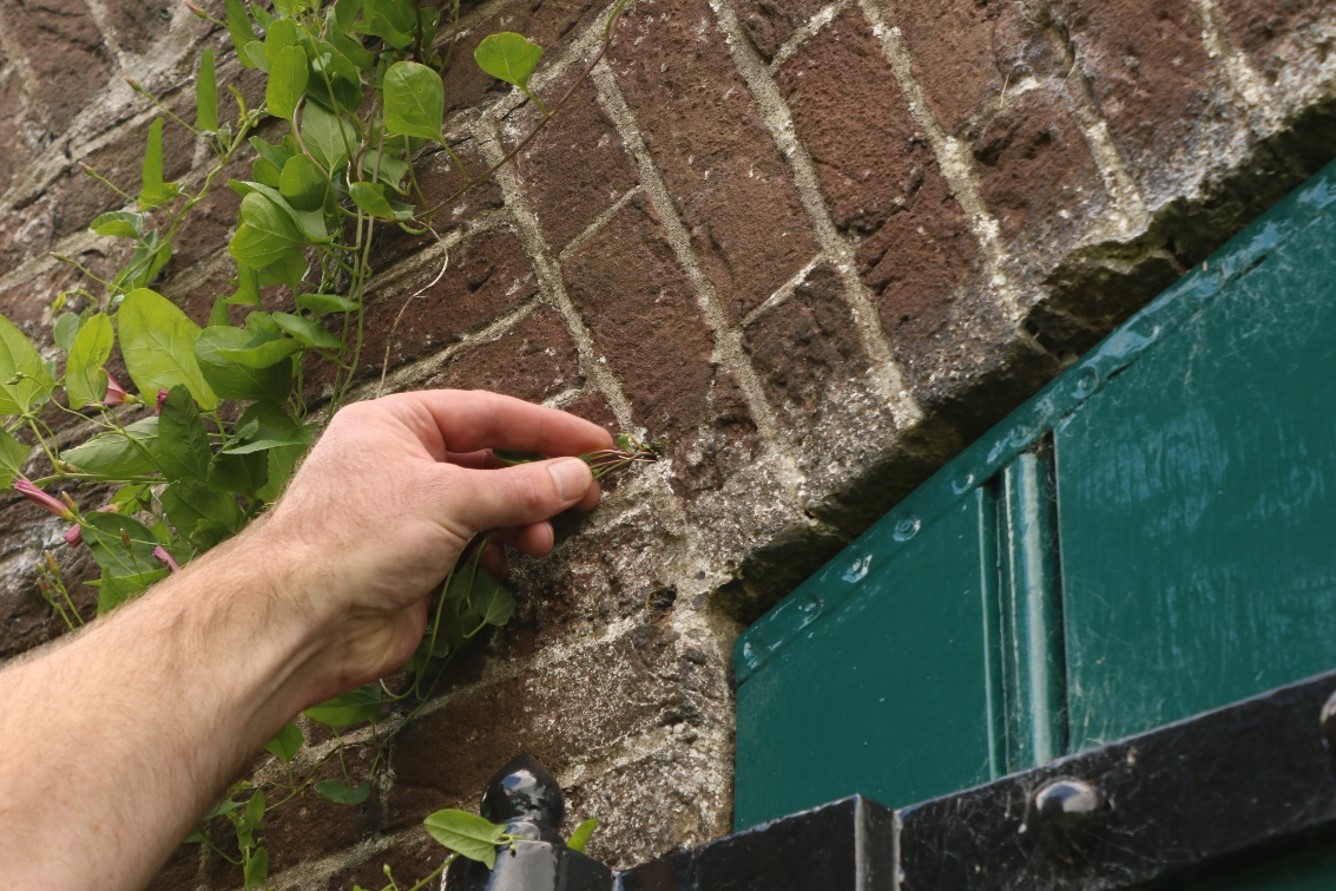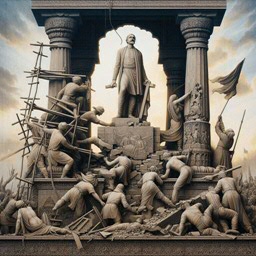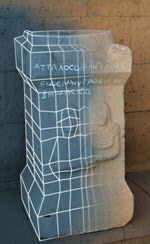Projects
Environmental Heritage
We are committed to advancing the understanding and preservation of Environmental Heritage. By Environmental Heritage we understand the heritage of environment and biodiversity, as the living space of humans and non-humans. Within the frame of heritage studies, the historical and contemporary interactions between cultural and natural worlds, both tangible and intangible, are our main field of exploration. We aim at blurring the nature-culture dichotomy by adopting a more-than-human perspective in the study of heritage formation processes and practices. Emphasised is the importance of preserving bioheritage collections and sites as invaluable resources for research, education, and public engagement. Our goal is to utilise interdisciplinary approaches to study and interpret environmental heritage comprehensively. By integrating expertise from humanities fields and spatial sciences, we aim to gain insights into the impact of human-environment interactions on biodiversity, and the lessons we can learn to mitigate and adapt to climate change, promoting sustainable heritage policies and practices today and in the future.
Through collaborative research, outreach, and education, we seek to foster a deeper appreciation for Environmental Heritage and promote responsible stewardship of our natural resources and inherent cultural heritage. We strive to contribute meaningfully to global efforts aimed at preserving and understanding the relationships between humans and the environment.
For more information, please contact Willemien de Kock ( w.de.kock@rug.nl ) or Federica Marulo (f.marulo@rug.nl)



Critical Heritage
Our purpose is to engage with crucial questions in the field of Critical Heritage Studies that revolve around power, meaning, representation, identity, and inclusion and exclusion. We aim to explore processes of heritage narrative construction and de-construction along with the roles of various actors in this space. To this aim, our research unpacks the power dynamics of memory and heritage-making in postcolonial and post-conflict spaces. In doing this work, we seek to add under-represented voices into the academic record.
We are involved with the Memory and Heritage Network, which aims to establish a space for interdisciplinary discussions on heritage and memory. It seeks to bring together scholars working in different areas, and using different methods. Topics include, but are not limited to: the (un)making of heritage, political, international, economic, and cultural processes around heritage and memory, agents involved in heritage and commemoration, contested and critical heritage. This group meets once a month.
For more information, please contact Shanade Barnabas (s.b.barnabas@rug.nl), Mayada Madbouly ( m.m.s.madbouly@rug.nl ) or Philipp Nielsen (p.j.nielsen@rug.nl)

Digital Heritage: Inclusivity, Innovation, and Curation
What is the impact of digitisation on the way we perceive and study heritage? Large digital datasets require not only new research methods and modes of curation, but also critical reflection on the processes of selection and access to digital heritage.
The questions we address focus on access, ethics, and virtual heritage. What innovative research methods are available for digital datasets in heritage fields, and what are the requirements for their sustainable, long-term preservation? What are best practices in visualisation and digital reconstruction? Who decides what to digitised, and what are the ways to facilitate inclusive selection processes and access? What is the future for old data?
Digital Challenges Seminar Series: in cooperation with the Jantina Tammes School of Digital Society, Technology and AI and the Centre for Digital Humanities, this series of seminars puts scholars and experts from different disciplines in contact to tackle common challenges in digital applications and brainstorm solutions and best strategies. Examples of topics under discussion are: AI ethics and hurdles, Digital inclusion, Digital infrastructure, and Data quality & machine actionability.
For more information, please contact Manuela Ritondale (m.ritondale@rug.nl) or Lidewijde de Jong (Lidewijde.de.jong@rug.nl)
History and Anthropology of Heritage
This theme explores how heritage, both as concept and as a practice, has changed over time and varies between cultures. It focuses on ways in which human societies today relate to heritage sites, objects, and practices, and how that relationship can be understood in a cultural and historical context. A central concern is whether what we today call heritage is a universal concept, or whether other ways of thinking about and interacting with the legacy of the past can be found in other times and cultures. Questions the theme addresses include: how have sites, objects, and ideas changed as they have been preserved, especially in the context of things like restoration projects, mass tourism, or contests over meaning and stewardship? How does this impact how they were understood historically and how we understand and interact with them today?
For more information, please contact Chris Dickenson (chris.dickenson@rug.nl), Karen Hollewand (k.e.hollewand@rug.nl), or William Figueroa (w.a.figueroa@rug.nl)
Religious Heritage
We collaborate on a regular basis with the Groningen Heritage Network hosted by the Centre of Religion and Heritage at the Faculty of Religion, Culture and Society.
| Last modified: | 28 January 2025 2.01 p.m. |
